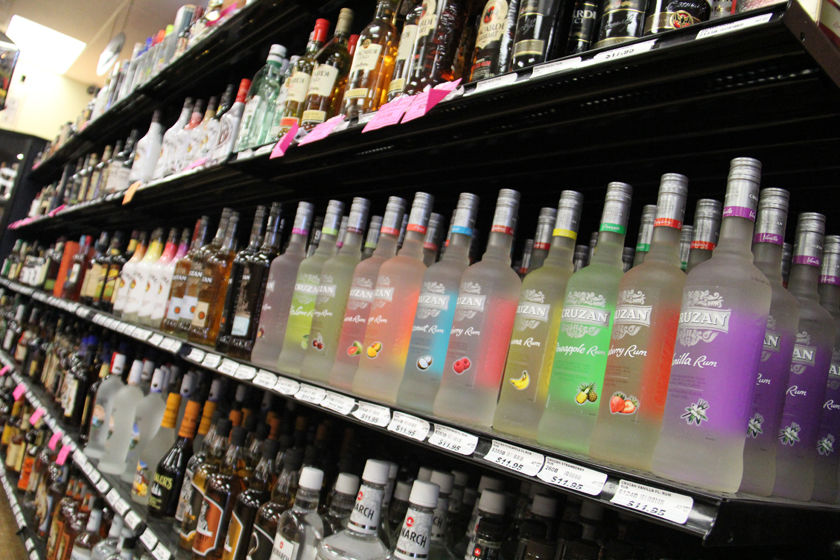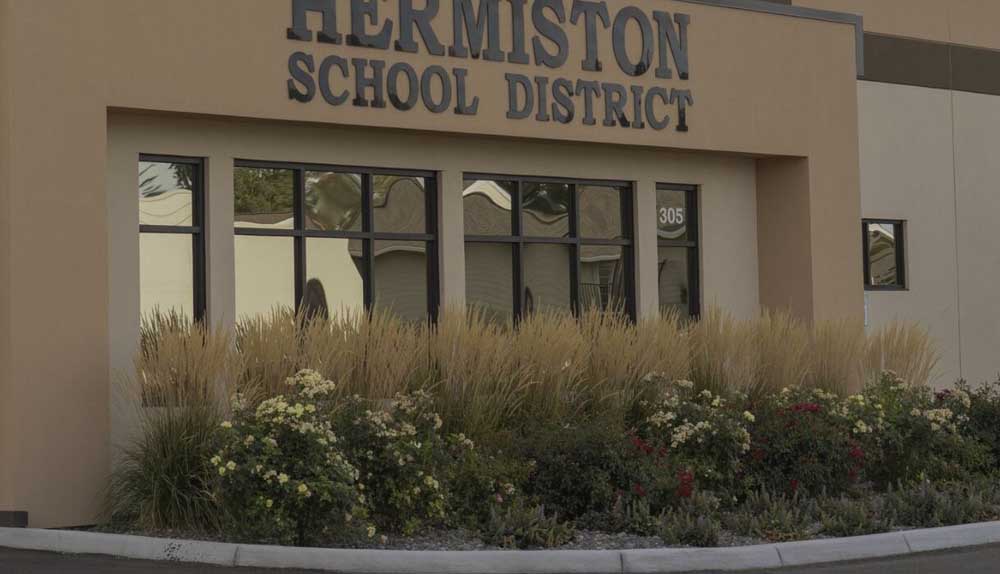Liquor law proposal worries store owners
Published 3:34 pm Friday, January 17, 2014

- <p>Lawmakers in Salem are holding hearings on reshaping the liquor laws in Oregon that will affect business owners in Hermiston.</p>
The owners of Hermistons only liquor store estimate it would take about a year for them to go out of business if lawmakers in Oregon change the states current liquor law.
Jeff and Trudi Seadorf said the states proposal to allow large grocery chains to sell liquor would kill their business, leaving themselves and their five employees unemployed.
According to an article published in the Oregonian, an estimated 1,000 employees work at the more than 240 liquor stores in Oregon, and Trudi Seadorf said she is concerned for all of them.
If they go with full privatization, you are looking at 240 businesses that would go away, Seadorf said. To me, the biggest impact is the unemployment of those businesses. If it goes into the grocery stores then we are out of business. This is about our livelihoods.
The plan currently under review by business committees in the Oregon State House and Senate would allow stores 10,000 square feet or more to stock their shelves with liquor. In Hermiston, this could include Safeway and Walmart.
According to the proposal, Oregon would maintain control over liquor sales, meaning stores would buy from the state.
Currently, liquor prices are set by the state. Under the proposal, grocery stores would not be able to sell liquor for less than the minimum set by the state. They would be able to set liquor prices above that minimum as they choose.
Liquor store owners would also be allowed to set their own prices above the price floor set by the state.
Rules regulating bars and restaurants would remain unchanged. Bars and restaurants that serve alcohol would not be allowed to purchase from the grocery stores and would still be required to buy from the state stores.
The Seadorfs said their concern with the proposal is not just about their bottom line.
Trudi Seadorf said it would be difficult for the larger stores to maintain oversight of their inventory.
Its a security issue, Seadorf said. Right now, we have good control over minors coming in and trying to buy alcohol. At the big chain stores, minors could steal it off the shelf and drink right in the store or walk out the door with it. Its very hard to do that in our store. Its a public safety issue.
While the measure is getting a lukewarm response from lawmakers in Salem, Seadorf said she was still concerned about the possibility of its passage.
She said, in addition to her worries about allowing minors easier access to alcohol, privatization of liquor stores is not a good idea for several other reasons. Seadorf said lawmakers in Salem can change the system in Oregon without putting liquor store owners at risk.
Id like to see them keep things the same for the most part, Seadorf said. We understand that change is good, but what you have to think about is who is it good for? If they make these changes, the price (of liquor) will go up and the selection will go down, so thats not good for the customer. Thats what happened in Washington when they did this. We have lots of people from Washington coming down here because we have the variety they are looking for.
The liquor law changes Salem lawmakers are considering are similar to those implemented in Washington in 2012.
Voters in Washington state agreed to privatize the sale of liquor and allow large grocery stores to stock their shelves.
According to an article published in the Oregonian in 2013, liquor theft in Washington soared after the move, and some communities reported liquor thefts increased by 175 percent within the first six months of the change.
According the Oregon Liquor Control Commission website, gross sales of liquor are expected to be more than $1 billion during the 2013-15 biennium. The issue could go to a statewide vote in November.





